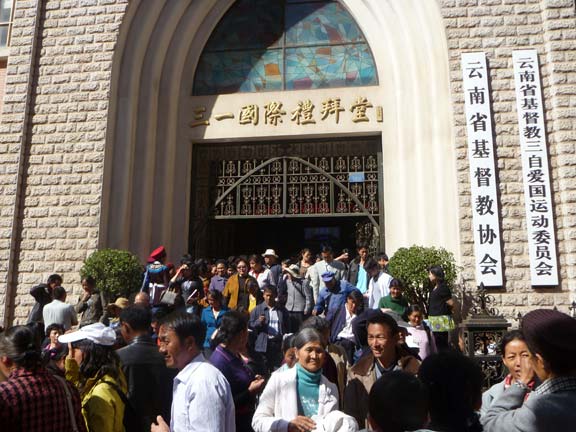Related Articles
My Recollections of J. O. Fraser
Tbe prayer meeting at Woosung Road was dismissed, and as the people began to leave, we finally clasped each other’s hands. I had heard of him, but now in the summer of 1927, in Shanghai, at China Inland Mission headquarters, we met. My wife Isobel had made his acquaintance previously in Vancouver, B.C.
Windows of Opportunity in China: New Program Trains Chinese for China
An exploration of some of the partnerships that already exist between churches inside and outside China, and an examination of how partnership between China and the West can be further intensified.
Windows of Opportunity in China: New Program Trains Chinese for China
An exploration of some of the partnerships that already exist between churches inside and outside China, and an examination of how partnership between China and the West can be further intensified.
Welcoming the Stranger
Presenter: Matthew Soerens, US Director of Church Mobilization, World Relief Description: Refugee and immigration issues have dominated headlines globally recently. While many American Christians view these…
The Chinese Church: The Next Superpower In World Mission?
The Chinese churches are at critical point in their mission outreach. Awakened and zealous, they are bound to supply global Christian mission with new blood and energy.


